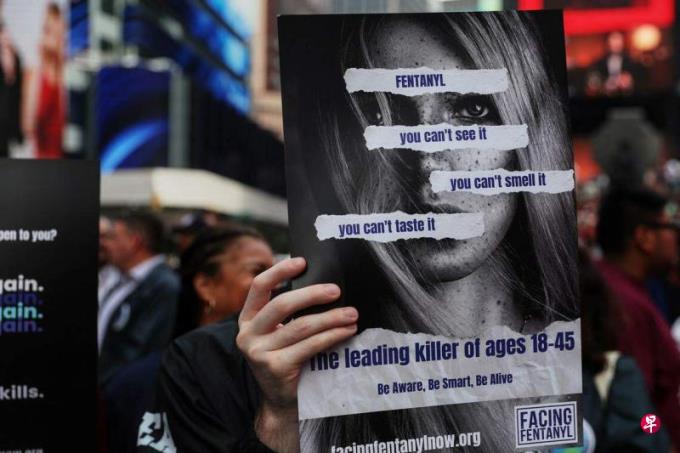
More and more countries and regions are exploring trial drugs to be innocent, hoping to deal with drugs in a more humane manner instead of blind punishment.However, Portugal, Oregon, and British Columbia in Canada, these three countries and regions that have been innocent in drugs in different periods, have intensified drug problems. The "gentle" policy has not achieved expected results.Regret the original decision.
On the streets of Portland, Oregon, the police officers patrolling in the city center with off -road cars are in addition to the same guns as law enforcement officers in other countries, and they have to carry drug reinforcements with them and resolve opium drugs.Effective "narcan".
The daily work of these police officers includes arresting drug dealers, issuing a penalty to drug users, and injecting opium detoxifying agents for those with excess drugs and pulling them back from the edge of death.Police officer Bell sighed when he was interviewed by the New York Times that many addicts were already familiar with the patrol officer's name, and even carried out first aid for each other more than once.
According to data from the US Centers for Disease Control and Prevention, since 2020 Oregon voters voted to pass the so -called "Measure 110" (Measure 110), after legalizing a small amount of drugs, the number of people with excessive drugs in Oregon has increased year by year.From 803 in 2020 to 1364 in 2022.
The intensification of drug problems has prompted the Oregon people to re -examine the innocence of drugs, which has also set off a controversy of whether to terminate this policy.
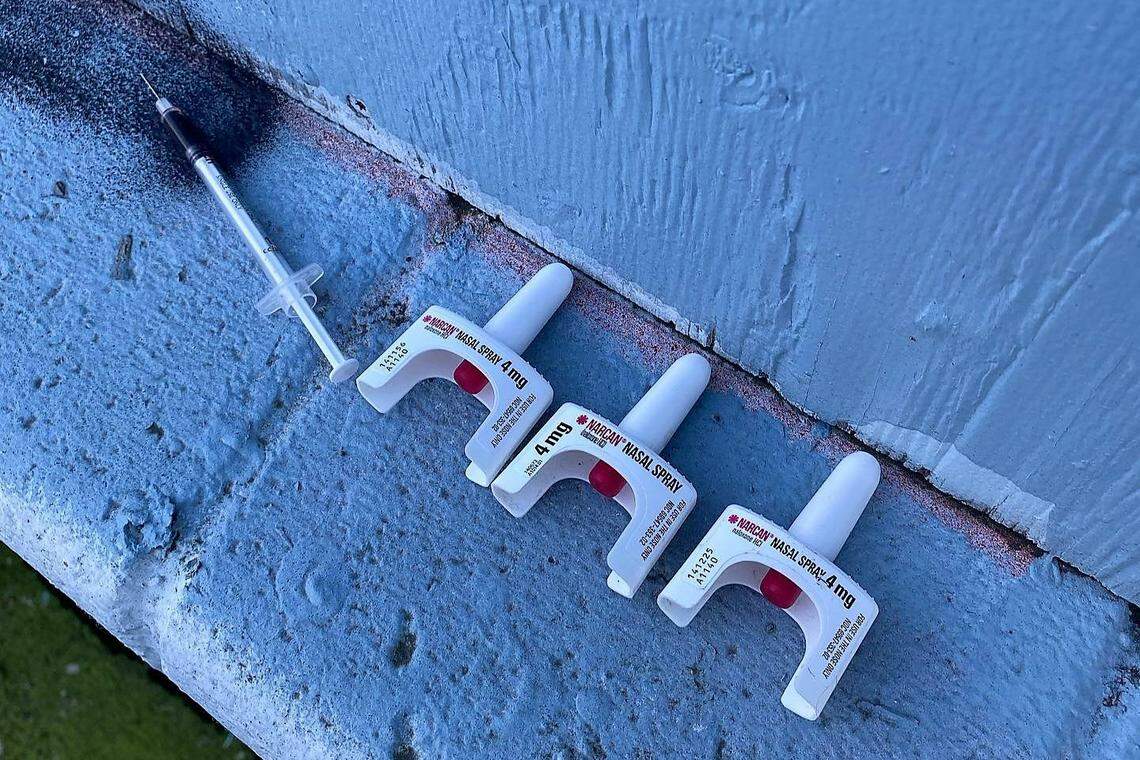
Portuguese, the pioneer of drug innocence, Portugal, the domestic opposition has also become bigger and bigger in recent years.
Portugal passed the bill innocently as early as 2001 to respond to the spread of drug crisis and the spread of love.At that time, the surge in drug -related cases caused Portugal's judicial system to be overwhelmed, and the cost of imprisonment of poisonous prisoners also increased the burden on taxpayers.The government has therefore decided to change its strategy and focus on reducing damage caused by drug use.
In the first few years when Portugal's policies for drug innocent policies, Human ImmunodeficieFicience Virus (HIV) transmitted through needles (HIV) did decline significantly; from 2000 to 2008, Portugal's prison was prison.It also reduced by 16.5%.In addition, some of the originally appropriations for prisons flowed to detoxification centers, increasing the strength of transforming drug addicts.
Because of the initial achievement of Portuguese ’s drug innocence policy, it has achieved better results than expected. After reference, the U.S. -Oregon and British Columbia provinces in Canada also decided to join the ranks of innocent drugs.
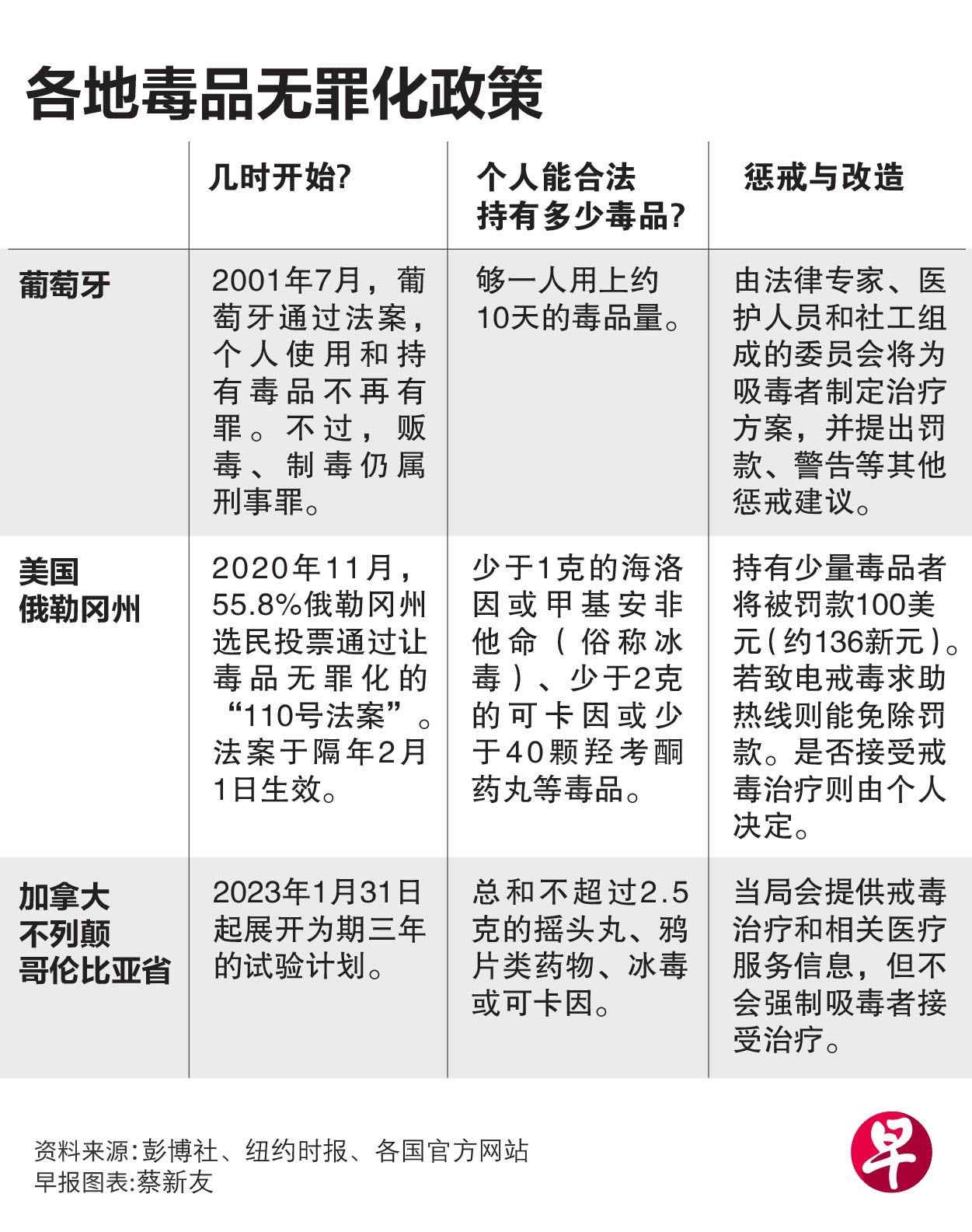
Portugal is no longer a model for drug innocence
However, Portugal's encouraging detoxification results in the early years did not copy to Oregon and British Columbia.Portugal itself also encountered huge challenges.
The national polls released by Portugal this year showed that the proportion of adults who used drugs in the local area increased from 7.8%in 2001 to 12.8%in 2022; excessive drug use was the most serious in 12 years.
A resident living in Porto, Portugal's second -largest city, to appeal to the Washington Post. In the past year and a half, a drug -like camp appeared near a local school. More homes were theft.Essence
From 2021 to 2022, the crime rate of Portugal increased by 14%, and the police blamed some reasons for the increase in drug users.
Mayor Morira said: "Now that in Portugal, smoking is banned outside schools and hospitals, ice cream and candy must not be advertised, but people are allowed to take drugs outside ... We have normalized it."
Jo? O Goul? O), a coordinator of drug and drug abuse of Portugal, said in an interview with local media in December last year that Portugal "is no longer a role model for drug innocence."
But he believes that the problem is not due to the policy itself, but the lack of funds.According to reports, after years of economic crisis, Portugal's budget for promoting and detoxification treatment has been sharply decreased to 16 million euros from 76 million euros (about S $ 10.77 million).As a result, some work will be decentralized to non -profit organizations since 2012, including contact with drug users on the street.
Gu Lang said in an interview with the Washington Post that 20 years ago, "We have achieved considerable success on responding to the major issues of heroin and all related major issues.... I lost some effect. "
More than 60 % of Oregon residents support the restoration of criminal punishment
In Oregon, after the promotion of innocent policies, in addition to increasing the increase in the streets of the sleeping and the increase in excessive drug death, the enthusiasm of police law enforcement has also fallen.
Local media analysis, when the case 110 was implemented, it happened to encounter a new wave of opium drug crisis and the impact of crown disease epidemic, resulting in increased demand for detoxification and insufficient medical resources, forming a "perfect storm".
Supporters with innocent drugs, therefore believes that more time has been given to the policy.But some people have lost patience.
The polls released in May this year show that more than 60 % of Oregon respondents attribute the problem of increasing drugs, rising on the streets and rising crimes on the local drug, and support the restoration of the criminal criminal to the holder of the drug.Punishment.
A "correction and improvement of Voting Act League No. 110" on Monday (September 18), an organization composed of politicians, folk and business leaders, submitted two proposals to the official, hoping to prohibit the use of hard drugs in public places and re -re -re -re -use them in public places.Drugs such as fentini, methamphetamine, and heroin are guilized, and voluntary detoxification to forced detoxification is changed.
As for the British Columbia province, which has only started drugs this year, it is too early to evaluate the results, but the preliminary results of interviewees seem to be "not optimistic."
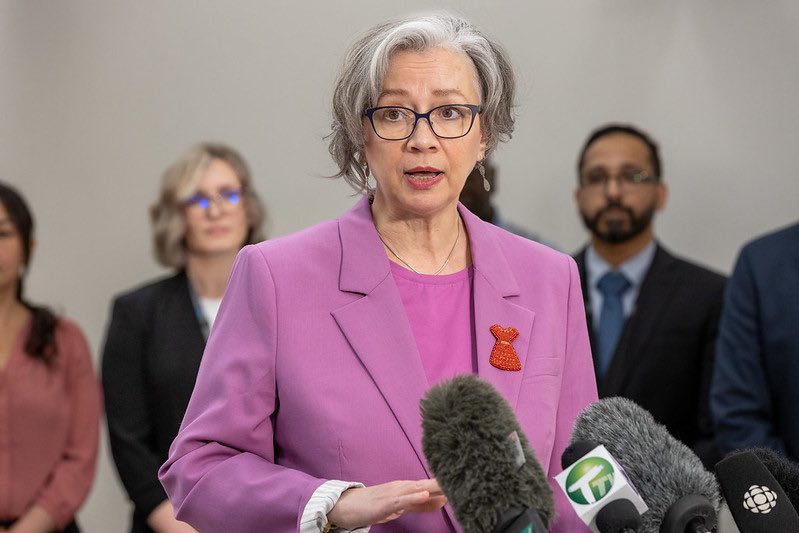
The latest official data shows that in the first seven months of this year, 1,455 people in British Columbia died of excessive drug use, and wrote the highest record since 2016.In 2016, the province announced that it had entered a state of public health due to excessive drug death.
According to Canadian media reports, British Columbia is currently facing challenges of detoxification treatment.To this end, the provincial government has promised to invest 1 billion Canadian dollars (about S $ 1.015 billion) in the next three years to respond to drug problems, including increasing detoxification and treatment of beds and rehabilitation care, and expanding assistance to drug abuse and mental health.
Scholars: Detoxification treatment must be two -pronged with punishment
Portugal, Oregon, and British Columbia provinces after the implementation of drug innocence policies, the number of drugs and deaths has continued to increase.Scholars of interviewees believe that this shows that no guilt is not enough to solve the problem of drugs.
Foundation for Drug Policy Solutions, chairman of the Foundtic Organization Drug Policy Solutions, said, "I'm not optimistic about these reforms after receiving the United Morning Post,"Getting better results. The problem is that the drug innocence policy itself, not how to implement such policies. "
He takes Oregon as an example. The main challenge faced by Act 110 is that drug users rarely voluntarily seek to help detoxification, lack of detoxification and treatment of beds, and the punishment time is too low.
Sabet was a senior consultant of the drug policy of former US President Obama Obama.He revealed that according to the result of a national poll, the most common reasons for drug addicts did not receive detoxification treatment was that they were not ready to detoxify."Most of the drug addicts resist the treatment of detoxification. Except for criminal penalties, there is no reason to promote the treatment of detoxification."
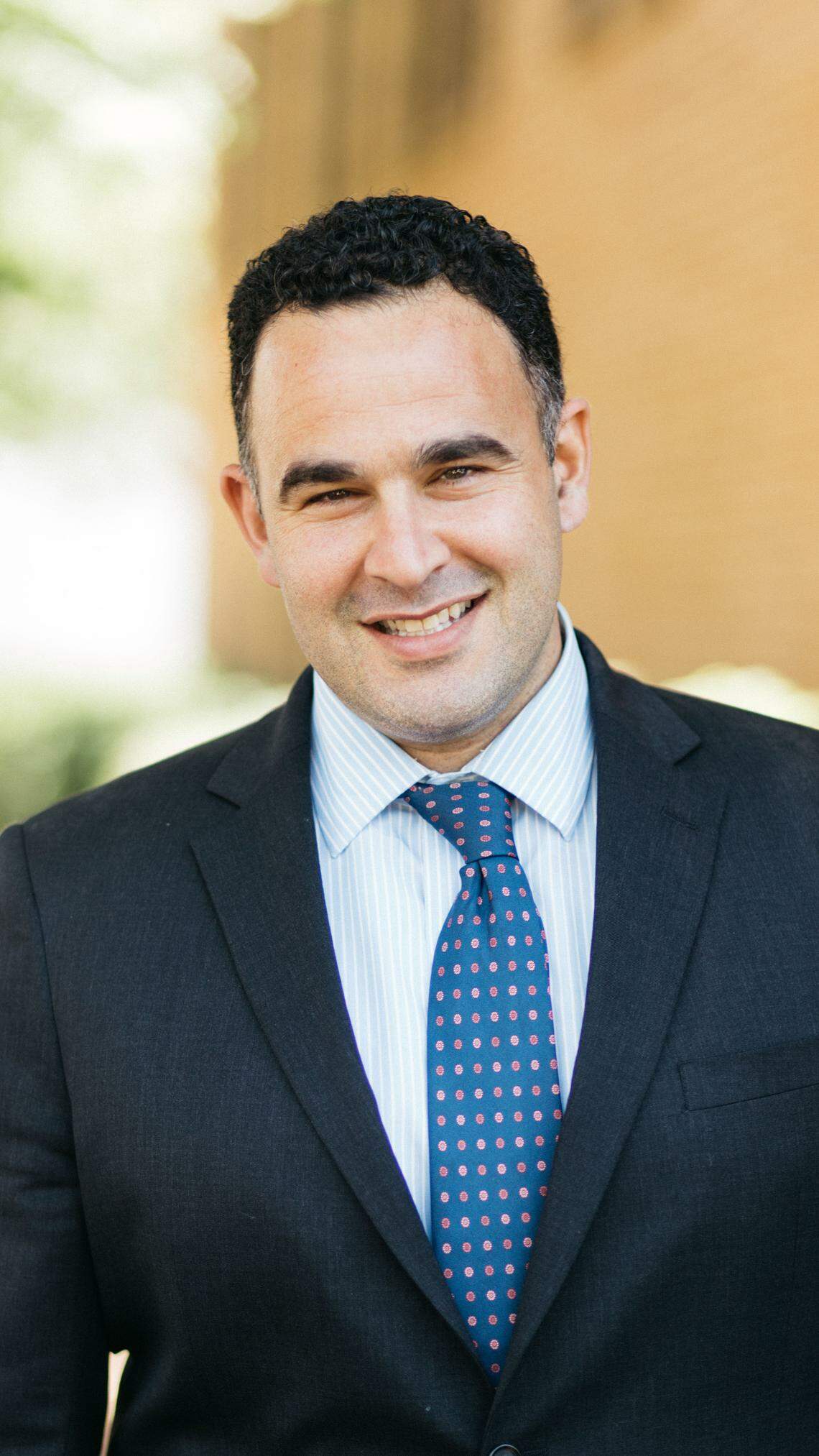 Dr. Sabet, Chairman of the Foundation of the Drug Policy Solution Foundation.(Provided by the respondent)
Dr. Sabet, Chairman of the Foundation of the Drug Policy Solution Foundation.(Provided by the respondent) 




